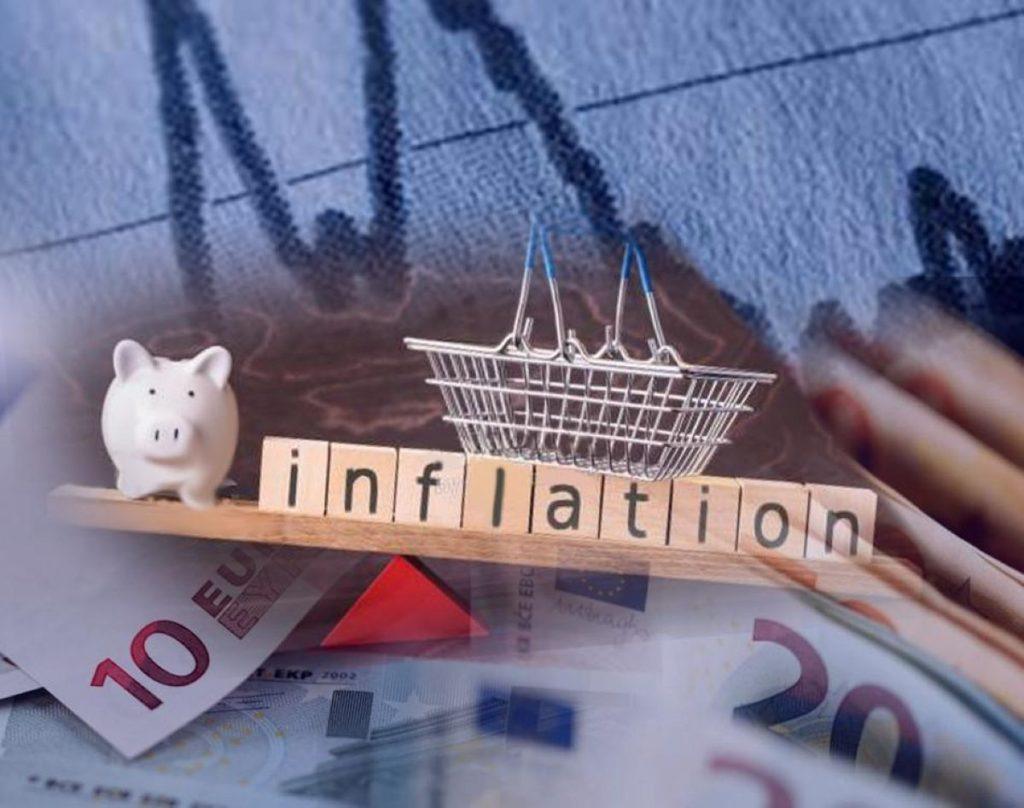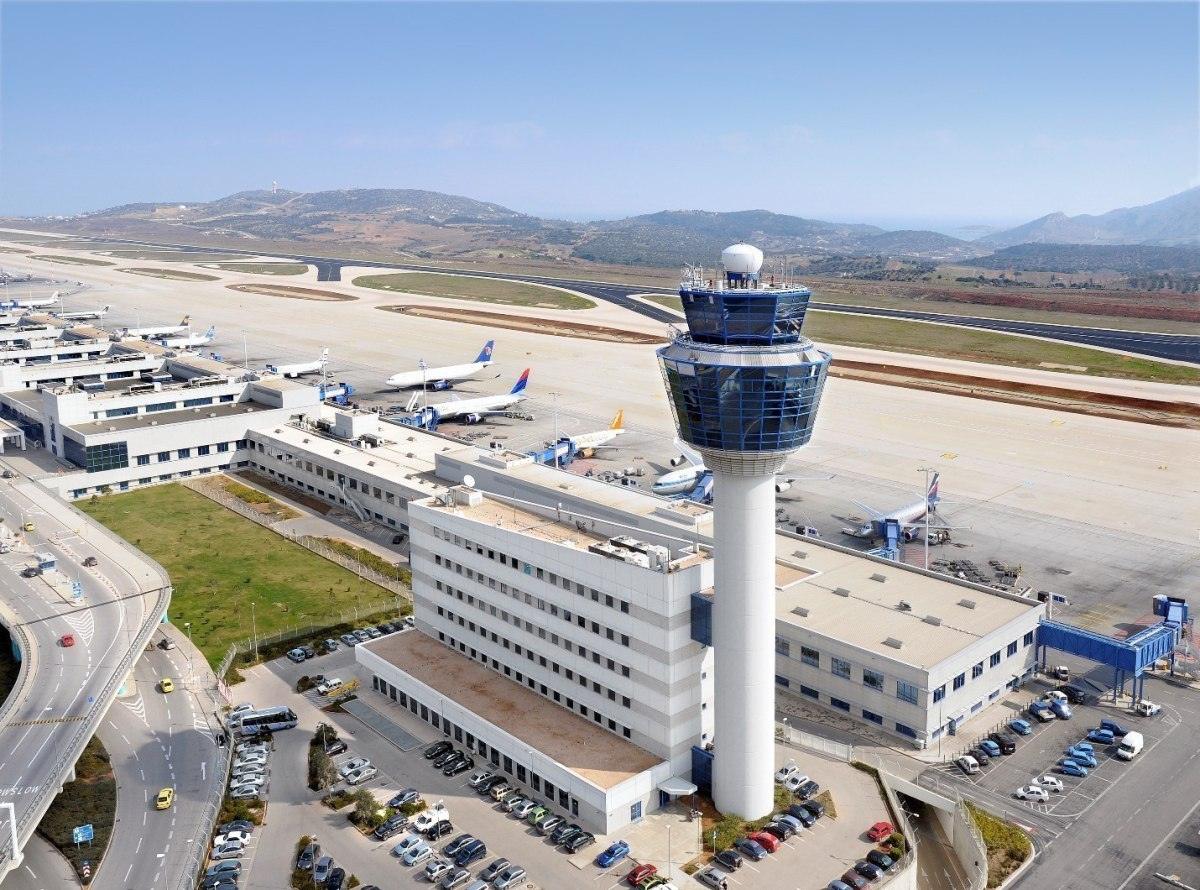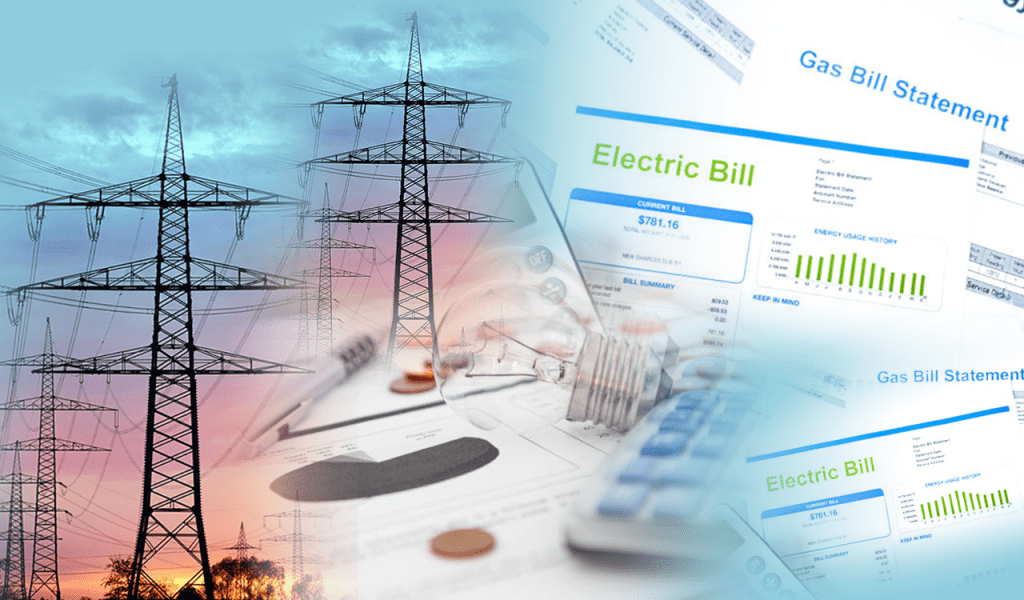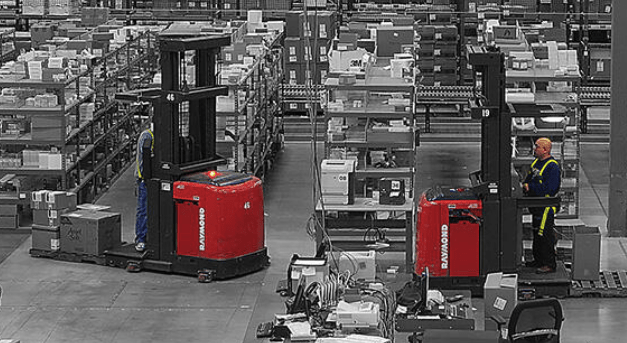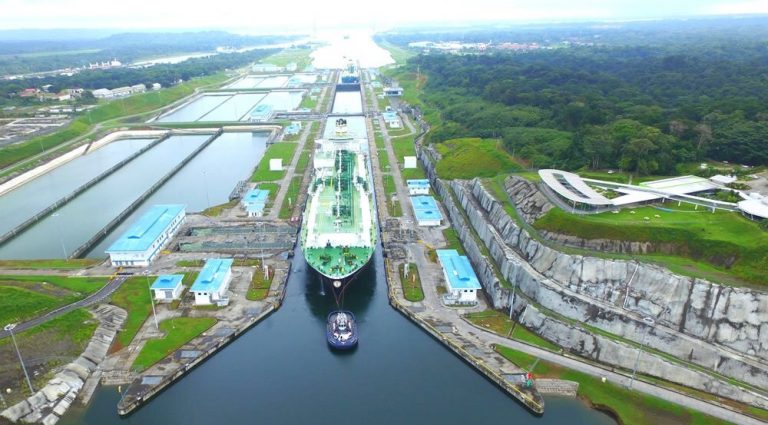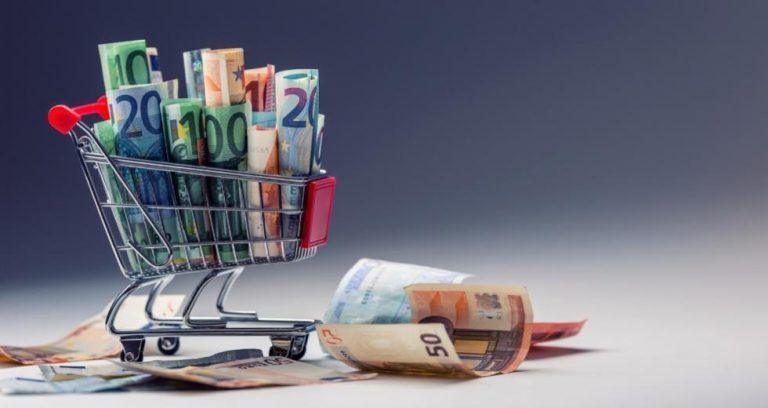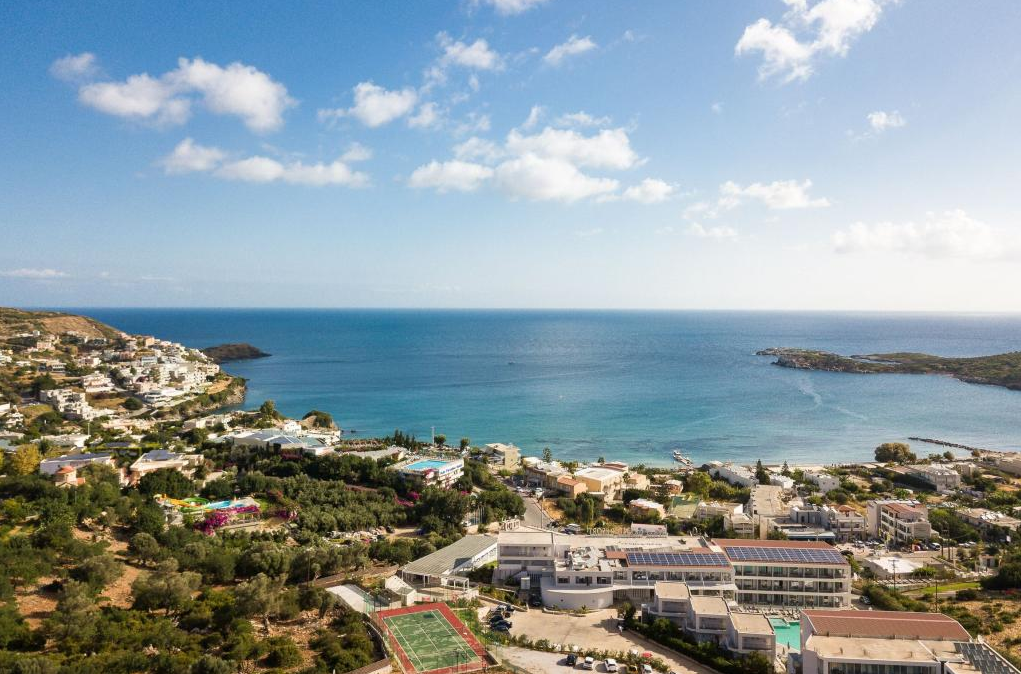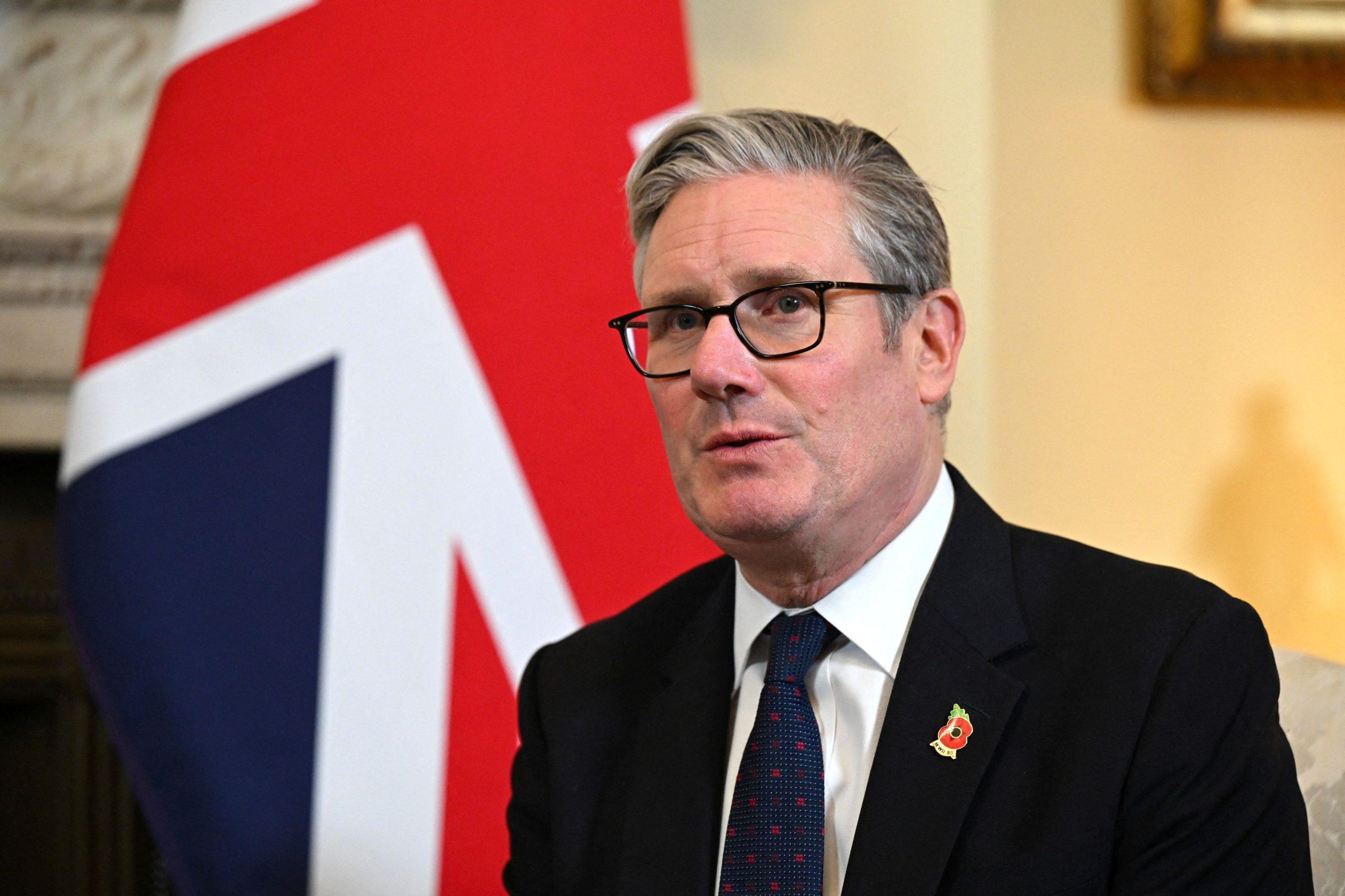The route toward a “zero carbon emissions” maritime shipping constitutes a crossword puzzle for skilled solvers, according to the opinion of the European Economic and Social Committee (EESC) on the proposal “for the use of renewable and low carbon emission fuels in maritime transport and for the modification of directive 2009/16/EK” (“proposal of the FuelEU regulation for maritime shipping”).
Whilst applauding the regulation proposal due to its goal in achieving the European Union’s objectives for climate neutrality by 2050, the EESC’s social partners believe that it needs to harmonise with the regulations of the International Maritime Organisation, due to the international nature of maritime shipping. Complete carbon-free emissions require the availability of low-carbon or zero-carbon alternative marine fuels and/or ground-breaking propulsion technologies. The EESC underlines that close cooperation with all relevant stakeholders in the shipping industry and the supply chain are necessary to achieve this goal.
The European fleet comprises 23,400 vessels
When examining the regulation, the EESC initially refers to the role and importance of maritime shipping in the European economy. They report that maritime shipping has an impact on the entire supply chain, as nearly 90% of global goods are transported by sea. The global presence of EU maritime shipping is also a strategic asset that allows the EU to preserve its geopolitical independence and increase its economic and industrial resilience, as well as its sovereignty. In 2019, approximately 46% of exports of goods to third countries and 56% of imports from third countries were transported by sea (Eurostat, 2021).
The EU-controlled maritime fleet reaches 810 million deadweight tonnes, comprises 23,400 vessels and holds a share of 39.5% of the world fleet in 2020. The total economic contribution of maritime shipping to the EU GDP is €149 billion with approximately 2 million jobs. It is worth noting that for every €1 million of GDP generated by maritime shipping, it supports an additional €1.8 million in other sectors of the EU economy. According to the latest estimates, the share of total maritime emissions in the entirety of anthropogenic GHG emissions increased from 2.76% in 2012 to 2.89% in 2018.
What the FuelEU Regulation provides
The FuelEU Maritime Regulation lays down standards for gradually increasing the average greenhouse gas intensity of fuel used on board by vessels at berth, on arrival to or departure from EU ports. Failure to meet these standards will result in administrative fines being imposed on shipping companies, which will obviously be used to support projects aimed at accelerating the use of renewable and low-carbon fuels, particularly in the maritime and biofuels sector. This proposal will also have extraterritorial application to international maritime shipping, as its scope is identical to that of the EU Emissions Trading System’s (ETS) proposal.
Following January 1st 2030, it also provides for the use of land-based electricity supply for two types of vessels – passenger ships and container vessels.
“Charterer to pay”
The EESC notes that, in accordance with the ‘polluter pays’ principle, the proposal for the FuelEU Regulation on maritime shipping recognises the structural role of the vessel’s charterer, who is usually responsible for choosing the fuel, the route, the cargo and the speed of the ship, and the relative cost of the fuel consumed. This is to be welcomed.
The liability of charterers, while recognised in the relevant legislative initiatives of the European Commission, does not explicitly oblige charterers to assume their responsibility. The EESC notes that if shipowners are made responsible for the emissions of a vessel, they will be burdened with the higher CO2 emissions caused by a purely economic analysis of the charterer’s cost-benefit, which does not take into account the negative external environmental impact. Such a situation would not only be unfair, but also counterproductive, they add. Additionally, the EESC underlines that as long as charterers have no legal responsibility, they will continue to base all operational decisions only on cost estimation and will be exempted from the ‘polluter pays’ principle, which must be applied correctly to maritime shipping as well as all other sectors.
Climate objectives and energy transformation
Elsewhere in the opinion, the European Economic and Social Committee accepts that the climate objectives for carbon neutrality of the European Green Deal and the ambitious ‘Fit-for-55’ package of measures are legitimate in the context of efforts to enhance greening and, ultimately, the decarbonisation of maritime shipping.
However, they point out that this energy transformation and the transition process to the decarbonisation of maritime shipping can only succeed if there is social support and acceptance, and the way shipping and other industries operate is protected. This can only be achieved by concrete measures, such as creating new jobs, improving public health and better mitigation measures for climate action and environmental protection. These efforts require the active involvement of all actors in the maritime value chain, in particular fuel producers and energy suppliers, engine manufacturers, but also ports, charterers and workers’ representatives in all relevant sectors. Well-targeted clear, circular and transparent communication is vital to ensure the participation and supportive contribution of society.
Interestingly, the impact of the proposal for a FuelEU regulation on maritime shipping is uneven compared to other sectors, as short-term measures up to 2030 are properly described, however, the long-term changes that will bring about the bulk of greenhouse gas reductions in 2030-2050 are limited to vague targets, with reference to technologies that have not even been developed yet, let alone matured. In other words, the path of maritime shipping towards climate neutrality by 2050 remains uncertain and contains a wide range of technological options. In addition, major questions remain regarding the supply, security, distribution and cost of these alternatives. For this reason, the operative parts of the proposal need to have a certain degree of flexibility in order for the industry to be able to adapt to it. Furthermore, the long processing time and heavy initial investment cycle of the wider industry involving all stakeholders are causing time urgency.
Fuels, propulsion and joint effort
Clearly, the path toward full decarbonisation depends on the introduction and market uptake of economically viable and safe zero-emission fuels and technologies. On the other hand, new means of propulsion, new low or zero-carbon fuels that are globally available, and a joint collaborative effort with supply chain actors are needed in order to ultimately achieve full decarbonisation.
Particular reference is made to the use of biofuels, for which the EESC notes that the proposal appears to ignore the fact that such fuels may in fact never be available in sufficient quantities for international shipping and may not be a real viable alternative to fossil fuels. The imposition of administrative fines in the absence of viable alternatives is punitive and a revenue-generating measure, rather than leading to a reduction in emissions.
The EESC stresses that zero/low carbon fuels which are needed to decarbonise maritime shipping are currently unavailable, especially in regard to deep-sea shipping, and will remain so in the near future. Huge investments are needed for the production and global availability of these fuels, which should be developed by operators outside the sector, i.e. oil companies and energy suppliers in general.
Pending the development of these alternative fuels, the long-term objectives of the initial agreed IMO decarbonisation strategy and the ambitious objectives of the European Green Deal and the ‘55% adjustment package’ cannot be achieved.
Time, knowledge and investment
Additional science-based knowledge is needed sooner in order to reduce the risks associated with decision-making, which should be steered towards the right investments. This is why the industry, together with several Member States with significant maritime interests, has submitted a proposal to the IMO for the establishment of an Administrative Board and a Research and Development Fund (IMRB and IMRF proposal) to be initially financed by a mandatory contribution from each ship of more than 5,000 gt per tonne of fuel consumed. The aim of this initiative is to accelerate the development of alternative fuels that the shipping industry needs, but which it cannot develop. The urgency of the situation has led to this initiative and to the willingness of the shipping industry to contribute. It is sincerely hoped that this initiative will receive further substantial support from the IMO.
The EESC estimates that the proposed regulation as a regional measure risks undermining the ongoing discussions on the initial IMO strategy for the decarbonisation of international shipping, which are progressing satisfactorily, producing tangible results and are the only ones with a global perspective.
⦁ International shipping in general is the largest cross-border trading sector in the world, transporting between third countries more than 90% of its trade potential, essential cargoes for the global economy, such as oil and petroleum products, natural gas, chemicals, iron and other minerals, coal and fertilisers. Therefore, there must be global availability of fuel with the required EU standards in ports around the world, in order for international trade to run smoothly.
⦁ International maritime shipping is first and foremost an SME-led industry which, when it comes to bulk carrier transport, is truly a business sector with the characteristics of a fully competitive market. This is due to the fact that the sector comprises thousands of companies worldwide and is not dominated by a limited number of very large companies or alliances, as is the case with liner shipping and the main industrial and service sectors worldwide. As a result, SME-sized shipping companies do not have the bargaining power to distribute and cover new fuels in ports around the world.
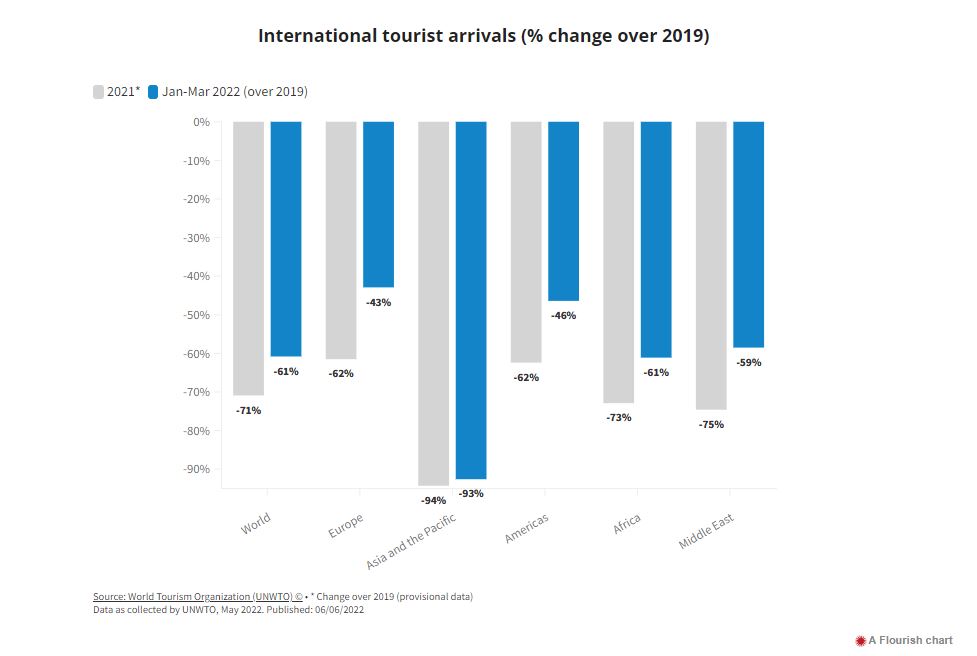

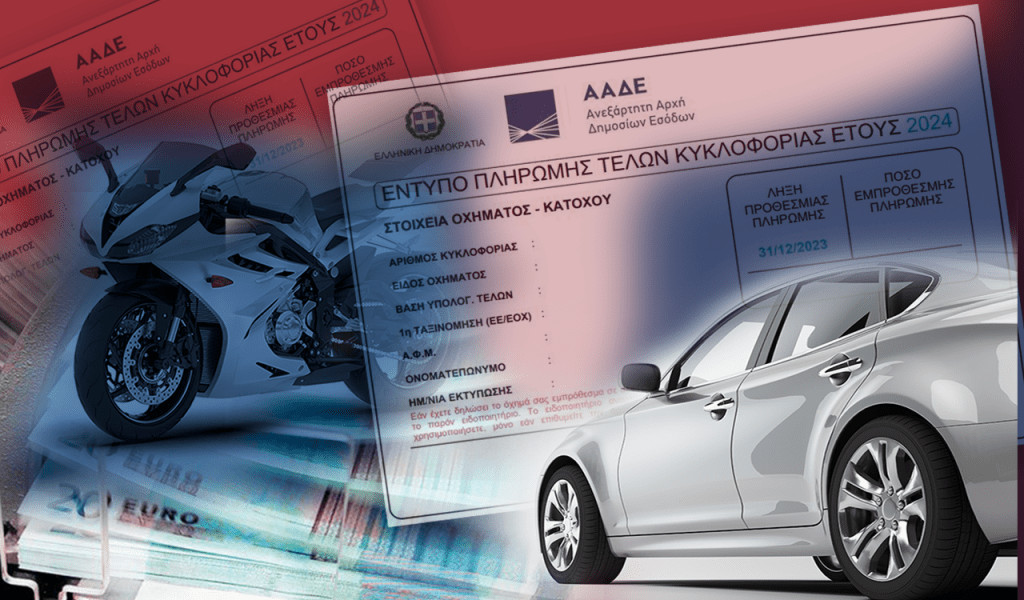

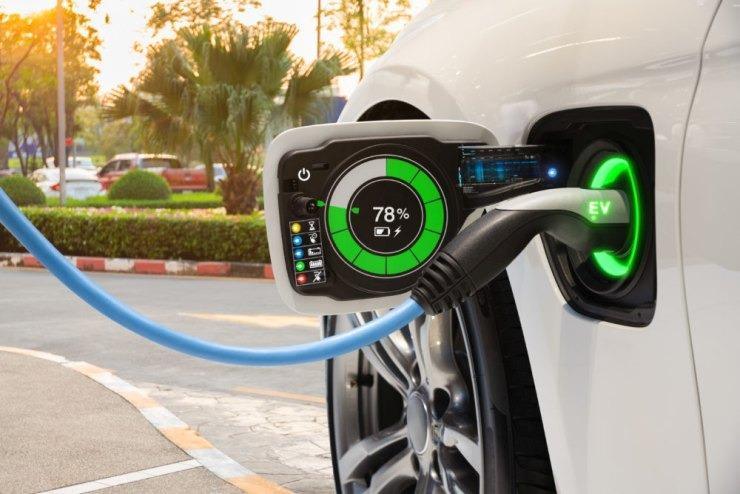


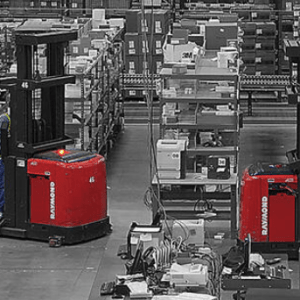
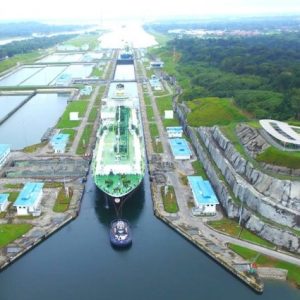




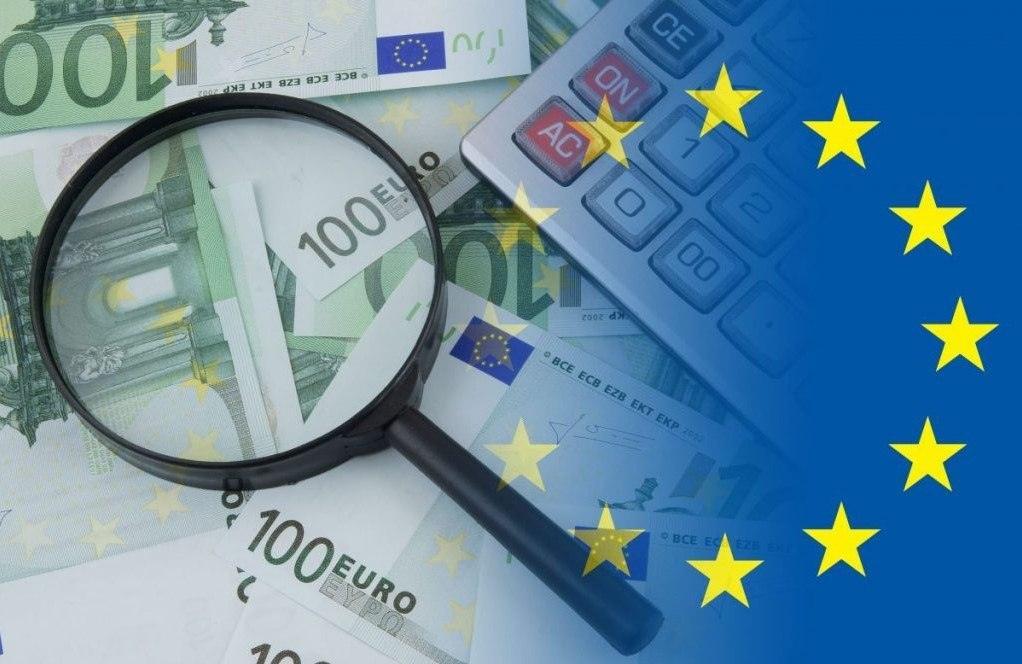

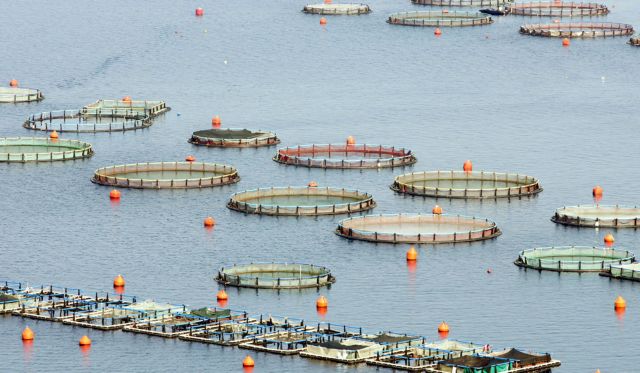
![Επαγγελματικά ακίνητα: Στα ύψη οι τιμές ενοικίασης – Οι περιοχές [πίνακες]](https://www.ot.gr/wp-content/uploads/2025/12/graf-1024x551-1.jpg)
